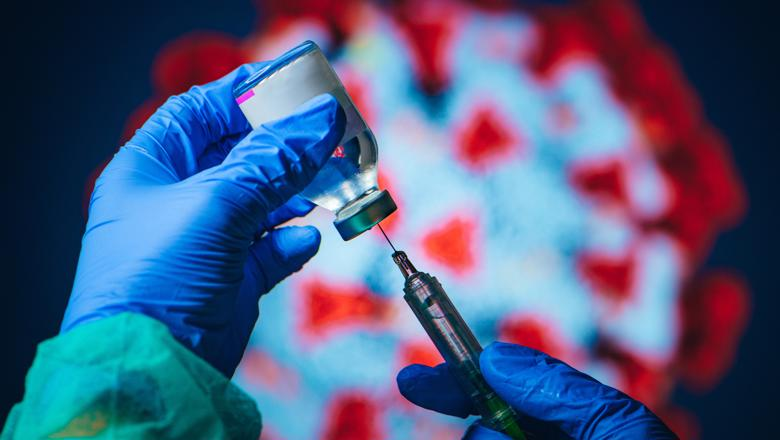The AstraZeneca Covid-19 vaccine and blood clots – what you need to know

We’ve all seen the headlines announcing that some European countries have halted the use of the AstraZeneca Oxford Covid-19 vaccine, due to concerns it causes blood clots.
Understandably, this news has worried some people. Here, we provide some information on what’s behind those headlines and explain the reasoning behind some countries suspending use of this Covid-19 vaccine.
37 people out of 17 million – that’s 0.0002%
Venous thromboembolism is the collective term used to describe deep vein thrombosis (DVT) and pulmonary embolism (PE). As of 14 March 2021, of the approximately 17 million people in the UK and European Union who received the AstraZeneca Covid-19 vaccine, 15 developed a DVT and 22 a PE. That’s 37 people in total.
“The number of cases of DVT and PE that have occurred in people who received the AstraZeneca Covid-19 vaccine is lower that the number we would expect to occur naturally in a group of people this size,” explains Dr Vanessa Apea, a Covid-19 vaccines researcher.
“I understand why some people might be alarmed by the news that anyone who received this vaccine experienced this side effect. But it’s important to put this in to context,” continues Vanessa.
“The risk of developing a blood clot from the AstraZeneca Covid-19 vaccine is lower than the risk of developing one if someone is overweight or obese, taking certain hormones, or develops Covid-19 itself.”
The benefits outweigh the risks
“When it comes to regulating medicines, including vaccines, there’s a few layers to it,” explains Vanessa. “First, the medical regulatory body for that country / region makes a decision based on the evidence available. Then, the government of each country makes a decision on whether or not to make that medicine available in their country”.
In Europe, it’s the European Medicines Agency (EMA) who makes the recommendations, and in the UK it’s the Medicines and Healthcare products Regulatory Association. As of now, both the EMA and the MHRA have issued statements saying that the AstraZeneca Covid-19 vaccine is still safe to use.
They have taken this stance because they believe that the benefits of having a Covid-19 vaccine outweigh the risks of not having one.
In their latest update on 18 March 2021, the EMA declared that the AstraZeneca Covid-19 vaccine is a 'safe and effective vaccine' and their Executive Director Emer Cooke said the vaccine is not associated "with an increase in the overall risk of thromboembolic events and blood clots".
“This doesn’t mean the EMA or MHRA are dismissing the fact that some people have developed blood clots,” says Vanessa. “Rather, it means that with the information and evidence they have now, it’s their recommendation that the vaccine still be used.”
In the UK, the MHRA is still exploring and investigating these events, but they have decided not to pause use of the vaccine while they do so. Other countries, including some in the European Union, have decided to pause its use while they learn more, even though the EMA’s guidance is not to.
That is their choice and their decision to make. Because ultimately, every country can decide for itself whether or not to allow the use of a certain medicine in their country.
But this doesn’t change the fact that the message coming from the EMH and the MHRA is clear – it is safe to have the AstraZeneca Covid-19 vaccine.
Update: As of 19 March, 2021, a number of countries who had halted use of the AstraZeneca Covid-19 vaccine have resumed rolling out this vaccine.
Read more
- Covid-19: EU states to resume AstraZeneca vaccine rollout
- Investigation of COVID-19 Vaccine AstraZeneca and thromboembolic events continues
- Investigating Covid-19 in Black, Asian and minority ethnic communities
- The Covid-19 vaccines do not affect fertility in women or men
- Further MHRA response to the precautionary suspensions of COVID-19 Vaccine AstraZeneca
